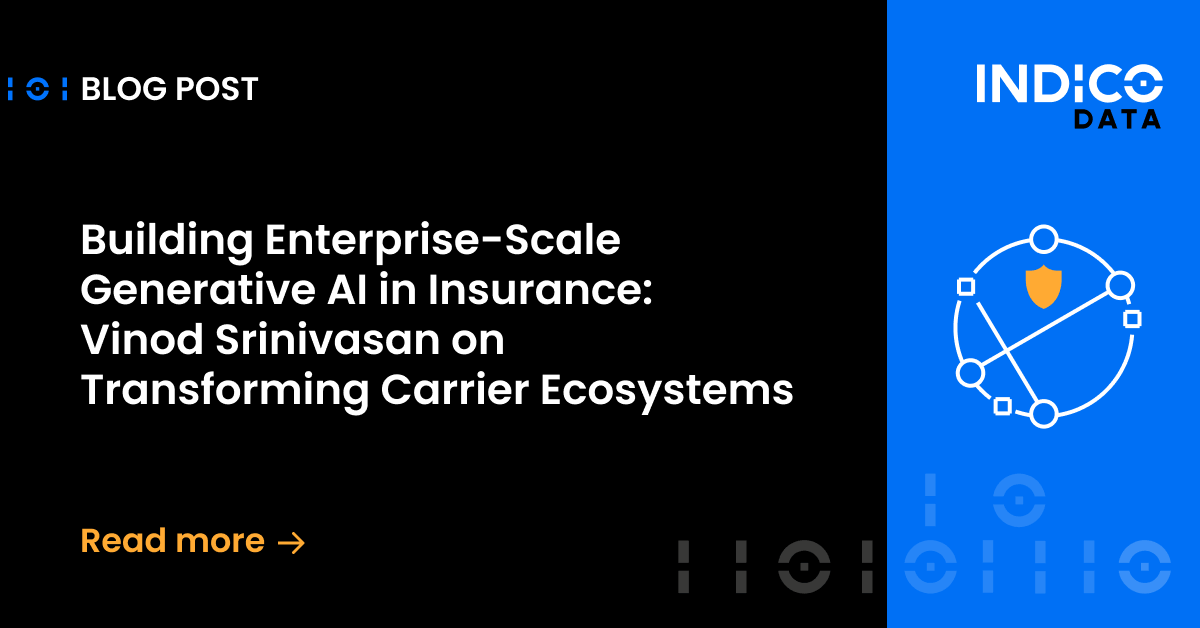As we’ve discussed previously, intelligent process automation (IPA) does not replace robotic process automation (RPA), but rather complements it by helping RPA applications deal with unstructured data.
Robotic process automation technology automates repetitive tasks involving structured data such as spreadsheets, where data is in a predefined place. It can save many hours of human labor in deterministic processes that are performed the same way every time.
RPA tools cannot, however, deal with unstructured data, which often represents some 80% of all company data. That’s where intelligent automation tools come in. An IPA solution can take unstructured data and convert it into a structured format, so that you can then feed the data back to the RPA platform. That makes IPA tools complementary to RPA solutions—let’s examine how that works through a financial services use case.
Tedious work precedes financial analysis
Financial analysts in equity research groups—the folks who report on public companies and give investment advice—would benefit greatly from a tag team combination of RPA and IPA. Their job involves some tedious work, especially around earnings season when public companies put out financial results for the quarter.
Life during earnings season looks something like this:
In quick succession, hundreds of public companies put out press releases explaining their results, complete with charts full of numbers. Analysts need to examine the results and get ready for earnings calls with each company, which typically follow soon after the press release—so time is of the essence.
How do they examine these results? Manually. They must find each piece of earnings data from every press release and enter it into Excel spreadsheet-based models by hand. It’s a process that takes valuable time away from the analysts’ primary function: conducting analysis and giving investment advice. Plus, it’s terribly monotonous.
RPA/IPA for financial services automation: How it works
Life can definitely be easier: Combine existing RPA methods with our new IPA tools and you’ve got some powerful intelligent automation technology ready to go.
Here’s how it can work:
First, your RPA tool automatically captures the earnings report as a PDF, saves it to a local file and sends it to Indico. Indico’s IPA automation platform, using natural language processing and machine learning technology, pulls out the structured data—the financial numbers—from the unstructured PDF and puts the data into an Excel spreadsheet. Now that the data is in a structured format, RPA can perform the final step—copying the data into a spreadsheet in the analyst’s defined format.
The entire process takes less than a minute and when it’s done, the data is ready for the analyst to pore over in advance of the earnings call. All the original data is still intact should the analyst want to refer to it.
As you can imagine, this kind of automated process relieves analysts of hours and hours of tedious work, leaving them more time to dedicate to their primary data analysis function, which may well improve their performance. What’s more, the automated process eliminates the possibility of human error in data entry, since computers don’t get tired or make keystroke errors.
This is just one example of how RPA and IPA solutions complement each other. Plenty of other examples exist in various vertical industries, including insurance and banking – and you can bet Indico is working on the integrations required to deliver them.
If you’d like to take a deeper dive into how AI is helping automate content-centric processes, explore a case study with Chatham Financial and how they expanded their process capacity by 300%


